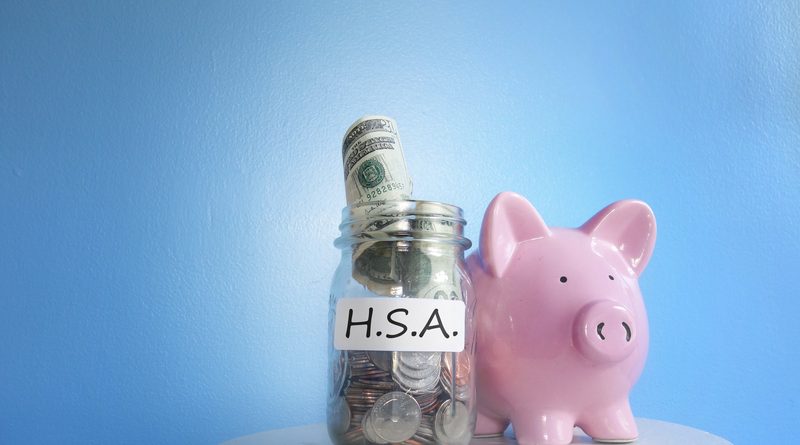Tax-Advantaged Accounts Everyone Should Be Using
The only two certainties in life are death and taxes, or so the saying goes. Hardly anyone enjoys paying taxes, and personal finances are a serious concern for most. The good news is that there are tax-advantaged accounts that you can use to make the most of your money.
Roth IRA
No one wants to work their entire lives. That’s why saving for retirement is such an important thing to do. Not all retirement accounts are created equal though. Sure, 401(k) accounts are a standard retirement plan that some employers offer, but it’s far from your only option, and may not be the best one for you. A Roth IRA is considered a tax-advantaged account because you can take qualified distributions from the money in the account without paying taxes on it. That includes both the contributions you made and earned interest.
HSA
Healthcare costs only ever seem to rise, which is why it’s such a point of concern. If you’re concerned about healthcare costs, consider using an HSA. You can use an HSA for any qualified medical expense, which includes dental expenses. Some HSAs may be provided through your employer. Contributions to such HSAs are considered tax-deferred. If your HSA isn’t through your employer, your contributions are made with funds that have already been taxed. That can reduce your taxable income when you file your tax return.
529 Plans
Education is another expense that has many people concerned. It’s no secret that secondary education is costly. The 529 plan, or Qualified Tuition Program, can be used to pay for qualified education expenses, tax-free. Contributions are made using after-tax funds and grow tax-deferred. Expect to pay income tax plus a 10% penalty tax if the funds from a 529 plan are withdrawn and not used for qualified education expenses. 529 plans are state-run, but you can shop around if you don’t like your state’s 529 plan. Unlike HSAs or Roth IRAs, 529 plans don’t have an annual contribution limit. They may have lifetime limits though, and the balance is not supposed to exceed the cost of qualified higher education expenses for the account’s beneficiary.
If you want to make your money go as far as possible, using tax-advantaged accounts is great. Uncle Sam likes to take his share of your money (at a minimum). While much of what you pay in taxes goes towards beneficial services, it’s still money you can’t use. Use tax-advantaged accounts to get as much use out of your hard-earned money as you can.
Check out this article on how to keep track of your health goals!
